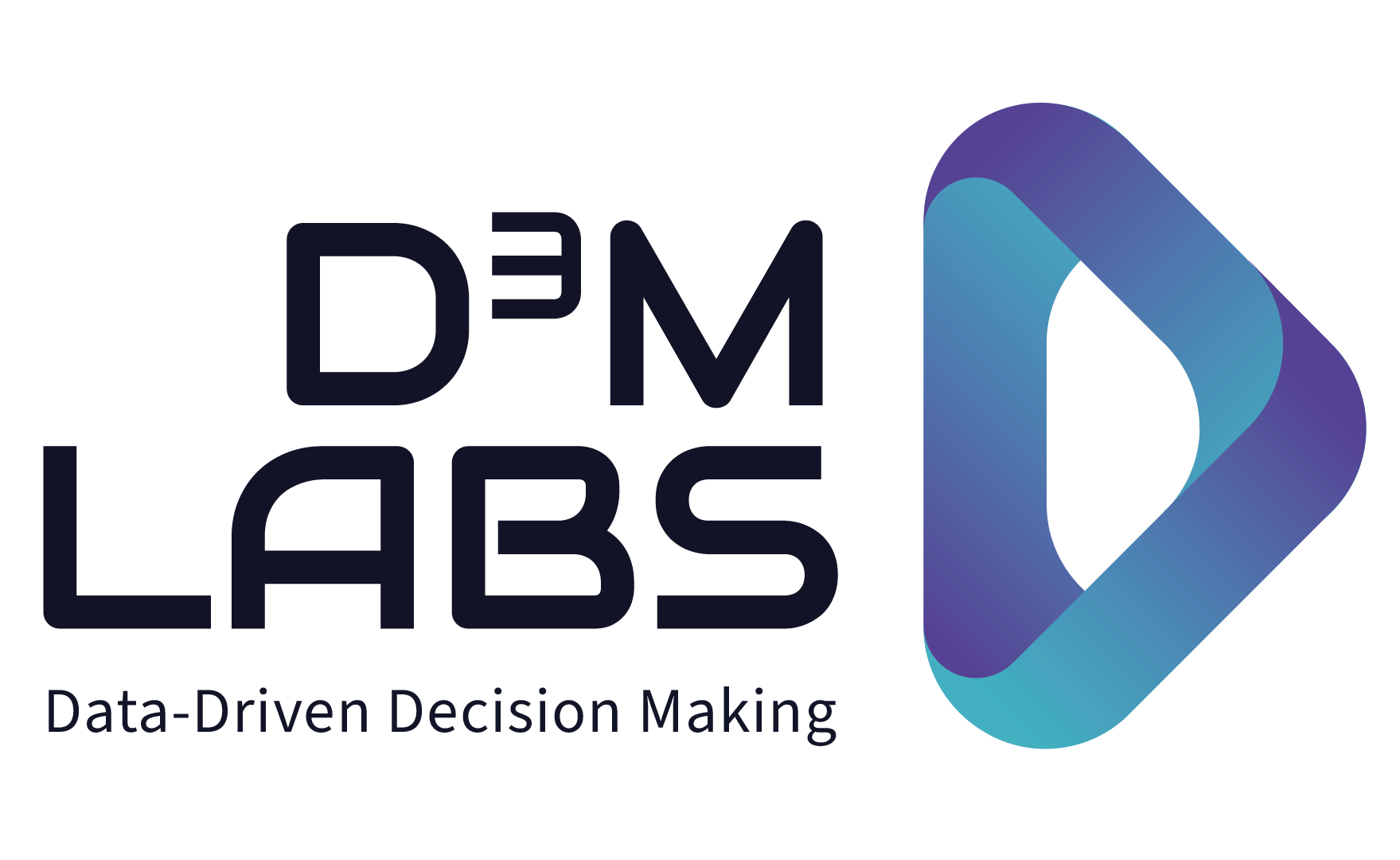In 2023, Kasia Musur CEO and Founder of Vent, conducted a study about Toxic Leadership in Data based on experiences of members in the D3M Labs community. Vent is THE platform addressing experiences of toxic leadership through storytelling and research. VENT brings together multidisciplinary collaborators, survivors, and technology to reduce the impact of toxic leadership on individuals, communities, businesses, and the environment. Through educational campaigns, research, and powerful storytelling, VENT sheds light on real experiences, offering insights to inspire change!
In retrospective, I could see that period was characterized by a „late beehive“ phenomenon – a boom-and-bust cycle marked by economically non-viable business models and excessively large funding rounds. Growth was often pursued through analytical rote rather than sound strategy. Many data professionals and other professionals in the digital economy felt they were working in toxic environments. Thus, Kasia and I decided to explore where the causes of the prevalence of toxicity.
Let’s break down some of the dynamics contributing to the pervasive toxicity experienced in data teams during the Corona boom and bust:
Tension between data teams and stakeholders
Tension within data teams and between data professionals and stakeholders was a pervasive issue. This stemmed from a fundamental discomfort with presenting unvarnished data truths. Often, stakeholders sought data that would support a positive or convenient story, rather than an accurate reflection of reality. There was also the concierge-service mentality, where data teams were often expected to respond to ad-hoc requests instead of work proactively on insights.
Tensions between “technical” and “non-technical” data professionals
Moreover, there existed frequent friction between individuals categorized as „technical“ versus „non-technical.“ Complicating matters is the continuous, unresolved debate within the data industry about its very nature: whether it is primarily a technical, a business, or a combined discipline, and where the boundaries lie.
Hyper-growth in the absence of business strategy
In hyper-growth environments, the clash between new and existing employees, coupled with the feeling of needing to defend one’s territory and compete due to undefined roles, can be particularly challenging. While this short-term struggle for influence and space might lead to higher immediate output, it’s ultimately unhealthy and can result in burnout, resentment, and high employee turnover. Ensuring a healthy work environment is a crucial form of future-proofing.
Over-hiring into a recession and the tech-precariat
In a climate of significant over-hiring, many companies staffed for a hyper-growth that never arrived, unfortunately coinciding with a recession. As a result, numerous tech professionals found themselves bouncing between unstable jobs to make ends meet, unable to secure more secure positions. This volatile environment, coupled with employees feeling unheard, underemployed, or undervalued, deeply impacted their confidence.
Former Greek finance minister Yanis Varoufaki has written an interesting book “Tech Feudalism. What Killed Capitalism.” Welcome to the Age of Technofeudalism | WIRED
Foreigners and the inescapable “international bubble”
The „foreigner aspect“ is also significant, as many companies rely heavily on international talent. There’s a „fishbowl“ dynamic where, even if they speak fluent German, foreigners often lack German CV career records and specific culturally compliant „soft skills,” which creates a seeming invisible but unscalable wall into stable, large organizations. Foreigners often go into the “international” (German-owned) scaleups because that is the option open to them in the Berlin economy. This fish bowl effects also makes escaping toxic work environments difficult for foreigners, because they lack alternatives. Members of the D3M Labs community reported that some employers took advantage of lack of knowledge of German labor laws. A key question is how employers can avoid exploiting this asymmetry and effectively integrate foreign employees. The new laws providing a straightforward path to dual citizenship are vital enablers for foreigners to become part of „the club,“ learn German, and understand local labor laws.
Academic wheel of privilege
The „academic wheel of privilege“ suggests that the more privilege an individual possesses (based on their whole being, not just skin color or background), the less susceptible they are to the negative impacts of toxic leadership. Conversely, those with less privilege are more vulnerable. It’s important to recognize that individuals can experience varying levels of privilege at different points in their lives.
The hype, ambition, and desire to build more privilege
Many people were drawn into the hype of the Berlin startup and scale-up scene, and similar ecosystems worldwide. They wanted to be part of the excitement and add a prestigious name to their CV, essentially trying to build future privilege – often at a significant cost to their mental and physical health.
The economic and social hangover
Now, we are in a downturn and, reportedly, the third year of recession. Germany’s „Insolvenzwelle“ has led to the bankruptcy of many companies where our study’s subjects once worked, revealing the inherent fragility of these organizations. Data leader positions continue to see exceptionally high turnover, as highlighted by a popular podcast saying that 50% of data leaders on their program are no longer in the same job – and the podcast is only two and a half years old. LinkedIn is filled with once sought-after data professionals now „looking for work.“
This landscape forces a critical reflection: while experience is undoubtedly valuable, what was its cost to individual well-being? Moreover, how much actual privilege did tech professionals, particularly the foreign workforce who moved to Germany for roles that local Germans often avoided due to their instability or lack of skills, genuinely gain from these experiences?
What can we do better?
Listen to the Video Interview with myself (Elizabeth Press, Founder of D3M Labs) and Kasia Musur, CEO and Founder of Vent.

